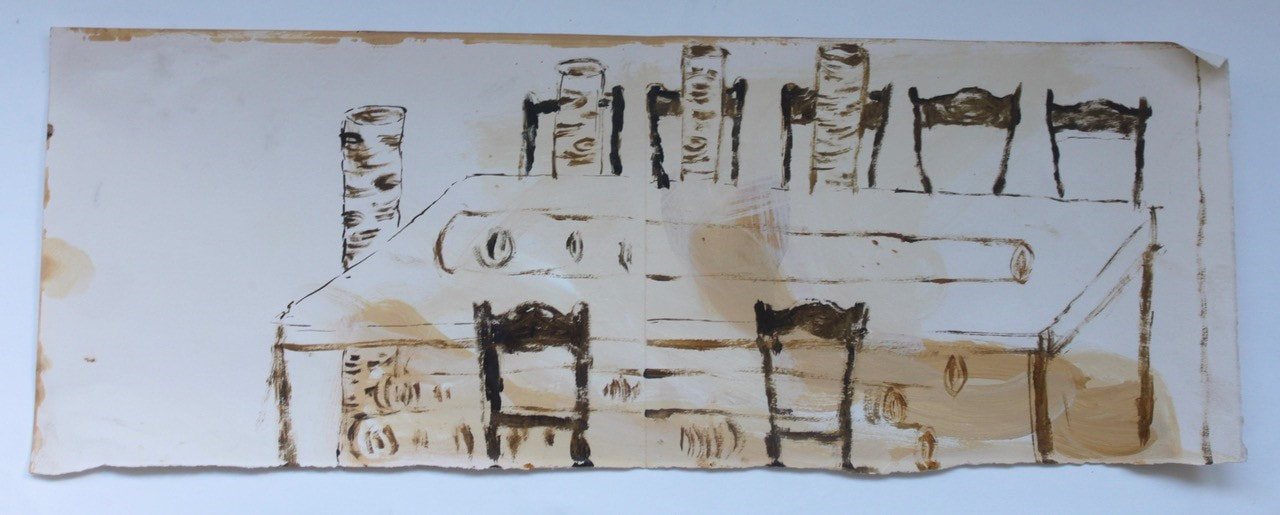Why therapy?
Therapy and psychoanalysis offer us time and space to address the unique suffering we experience throughout our lives. Sometimes it becomes important to find a way to speak, completely openly and confidentially, with someone who will listen to our pain and care about what we have to say. But opportunities to do this are surprisingly rare in our day to day lives. Perhaps for this reason, it can feel strange and overwhelming to begin therapy or psychoanalysis for the first time.
What is psychoanalysis?
Psychoanalysis is a way of exploring our suffering through speaking aloud in the presence of another person. The other person, the analyst, will listen attentively and help us also to listen, to our own speech. This will, sometimes gradually, sometimes suddenly, draw our attention to patterns, slips, intensities and allusions that offer clues to the unconscious forces that shape and limit us, to what is stuck and what may be open to change. It may also help us to become aware of and perhaps more comfortable with aspects of ourselves and our experience that will remain obscure.
There is no set pattern or direction for the work, and no aim or outcome that can be decided before we begin. Nevertheless, each person brings a question or a problem, when they begin their analysis, and the analyst will offer an intense curiosity about how you might describe, explore, shift or address this question.
About me
I am in the final stages of clinical training at the Site for Contemporary Psychoanalysis and my practice draws on the Freudian and Lacanian traditions. Since beginning the training I have been seeing patients at a low-cost psychotherapy clinic, and I am developing a small private practice. Before this, I volunteered for five years in a community mental health drop in and facilitated a Paranoia and Unusual Beliefs Peer Support Group. I also have many years experience of my own analysis, which is a vital component of the training.
I have a background as an academic and continue to teach and research in Psychosocial Studies and Education at University College London (UCL), Institute of Education.
Image by Liza Dimbleby
Therapy and psychoanalysis offer us time and space to address the unique suffering we experience throughout our lives. Sometimes it becomes important to find a way to speak, completely openly and confidentially, with someone who will listen to our pain and care about what we have to say. But opportunities to do this are surprisingly rare in our day to day lives. Perhaps for this reason, it can feel strange and overwhelming to begin therapy or psychoanalysis for the first time.
What is psychoanalysis?
Psychoanalysis is a way of exploring our suffering through speaking aloud in the presence of another person. The other person, the analyst, will listen attentively and help us also to listen, to our own speech. This will, sometimes gradually, sometimes suddenly, draw our attention to patterns, slips, intensities and allusions that offer clues to the unconscious forces that shape and limit us, to what is stuck and what may be open to change. It may also help us to become aware of and perhaps more comfortable with aspects of ourselves and our experience that will remain obscure.
There is no set pattern or direction for the work, and no aim or outcome that can be decided before we begin. Nevertheless, each person brings a question or a problem, when they begin their analysis, and the analyst will offer an intense curiosity about how you might describe, explore, shift or address this question.
About me
I am in the final stages of clinical training at the Site for Contemporary Psychoanalysis and my practice draws on the Freudian and Lacanian traditions. Since beginning the training I have been seeing patients at a low-cost psychotherapy clinic, and I am developing a small private practice. Before this, I volunteered for five years in a community mental health drop in and facilitated a Paranoia and Unusual Beliefs Peer Support Group. I also have many years experience of my own analysis, which is a vital component of the training.
I have a background as an academic and continue to teach and research in Psychosocial Studies and Education at University College London (UCL), Institute of Education.
Image by Liza Dimbleby
.

